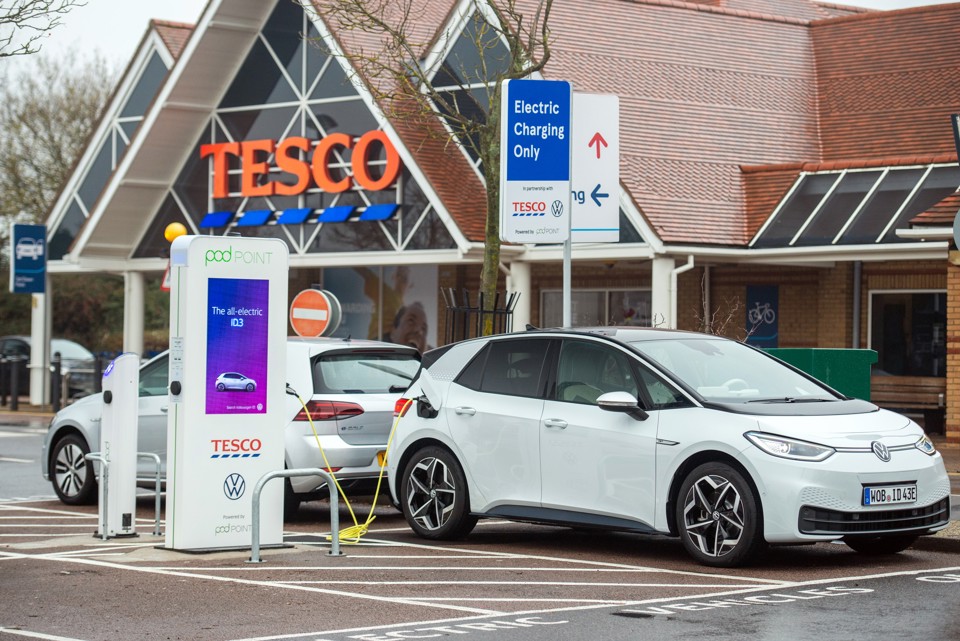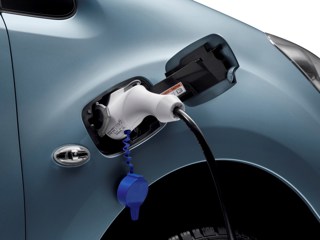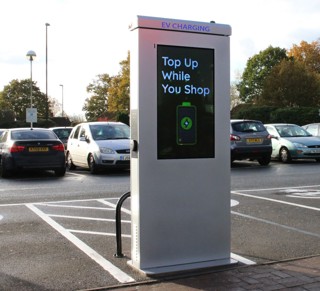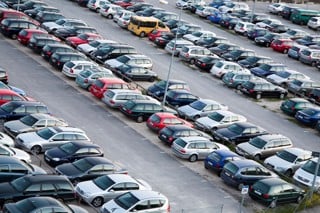The number of electric vehicle (EV) charge points at supermarkets has doubled in the last two years, according to data analysed by Zap-Map and the RAC.
Research shows 542 EV charger units were installed by supermarkets from the end of October 2017 to the end of 2019, taking the total on their sites to 1,115 – a growth of 95%.
This means 6.5% of all the UK’s public charge points are located at supermarkets, with growth in-line with the overall growth of public charge points.
The number of stores offering charging facilities has also doubled with 608 supermarket sites now catering for battery electric and plug-in hybrid vehicles which equates to 5% of all supermarkets.
When looking at each supermarket’s store portfolios, Asda has the greatest proportion of locations where an EV can be charged – 122 of its 633 sites (19%).
Morrisons is in second spot with EV charging available at 89 of its 494 stores (18%), while Waitrose comes in third place with 14% – 49 of 349 stores.
Tesco currently only has 4% of stores with charging capability but it has highest total number of stores with charging facilities (142 of 3,961 stores).
Launched last year, the partnership aims to install around 2,400 complimentary charging points for electric vehicles (EVs) installed in Tesco store carparks.
Currently, 15% of supermarket charge points are capable of rapid charging. Morrisons leads the way with 84 rapid chargers, making for 59% of its total number of chargers. Lidl is second with 63% of its 76 units (48) equipped with rapid charging. Co-op is in third with 18% of 88 chargers (16) capable of delivering its EV-owning customers with a rapid charge.
Melanie Shufflebotham, co-founder of Zap-Map, said: “It is very encouraging to see supermarkets increasingly embracing electric vehicle charging at their stores with a dramatic shift in the number of chargers being installed over the course of the last two years.
“Our research shows that while the majority of charging is done at home, most EV drivers use the public network more than once a month. While a robust rapid infrastructure across the country is essential for longer journeys, having charge points in supermarkets provides EV drivers an excellent way to ‘graze‘ energy while doing an everyday task.
“With 89% of EV drivers taking the availability of charge points into account when selecting their parking, providing charging can be a real differentiator locally in the competitive supermarket sector. This seems to be recognised by some supermarkets, notably Tesco and Sainsbury’s, providing EV charging for free.”






















Dusz - 02/03/2020 10:40
For business users it is also necessary for hotels to provide charge points as without these where are people who travel going to charge. What better than while you are asleep. Sadly, in the 4 years that I have had a PHEV only one hotel has offered charging facilities.